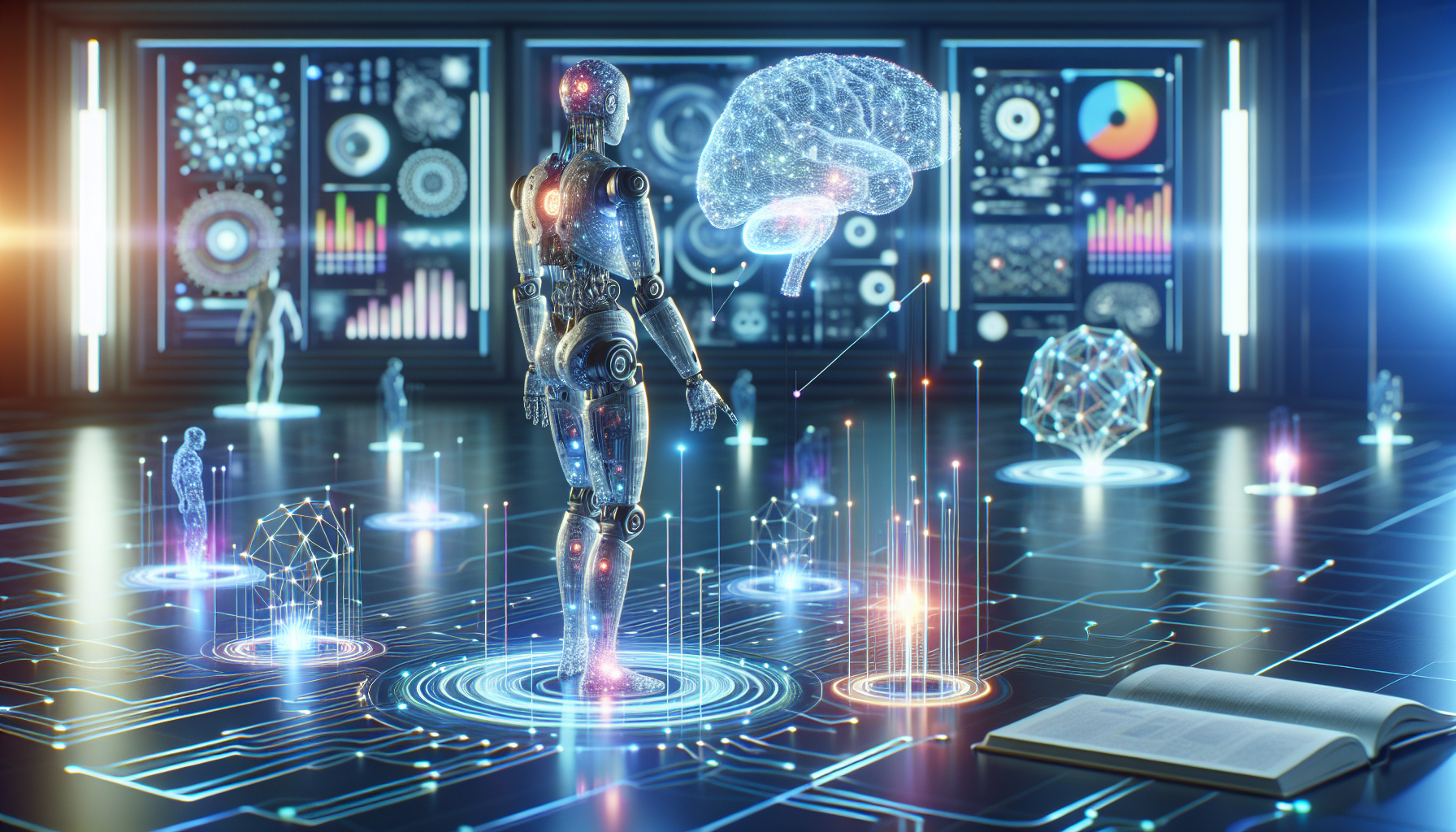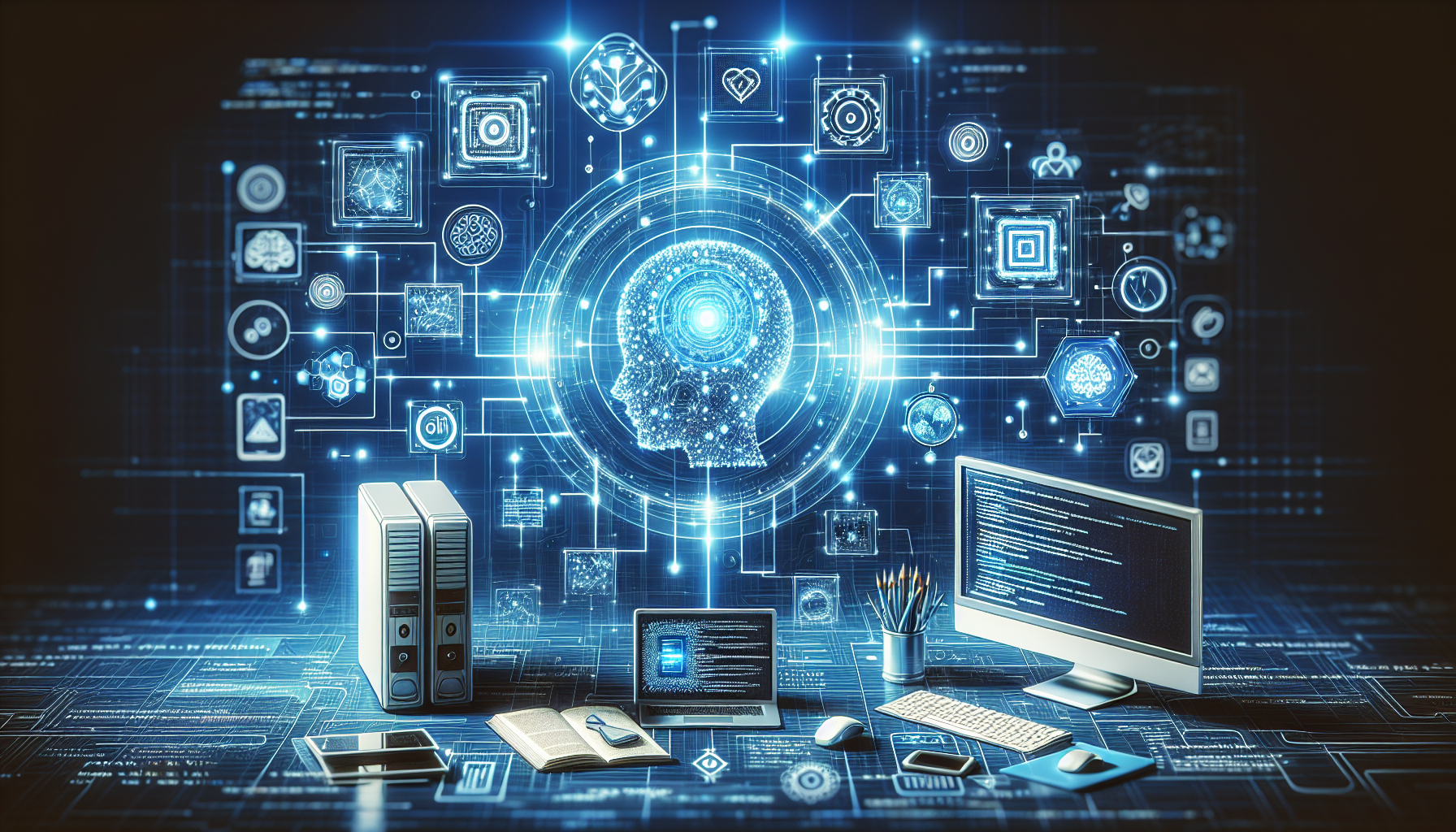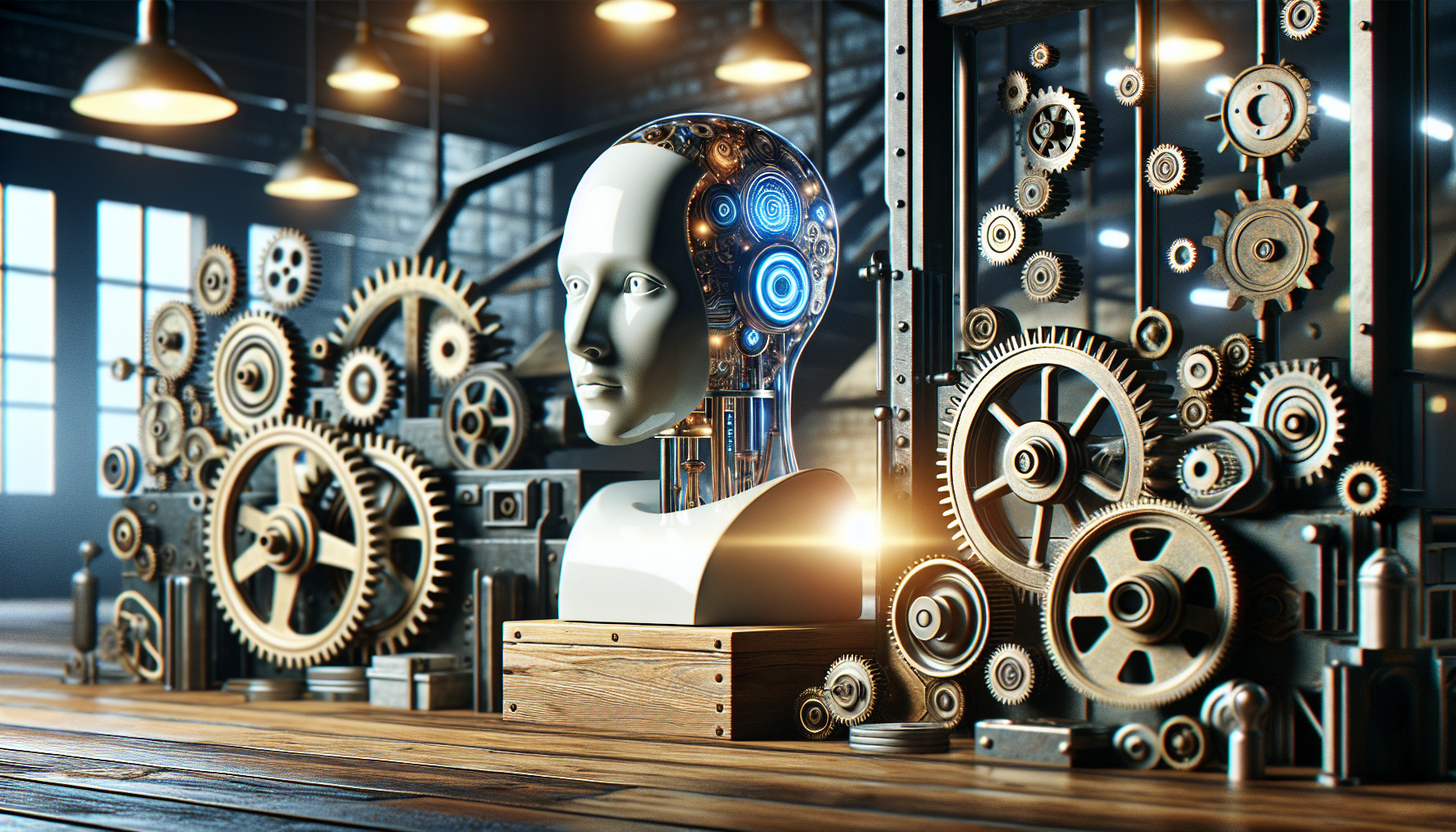
AI in Food Technology: Transforming Agriculture and Dining with Precision
July 7, 2025
Artificial Intelligence is reshaping industries at an unprecedented pace, and the realm of food technology is no exception. From optimizing agricultural practices to enhancing culinary experiences, AI is a driving force behind significant advancements in how food is produced, processed, and consumed. This opinion piece delves into the technical nuances of AI in food technology, examining its potential to revolutionize every stage of the food supply chain.
Precision agriculture is perhaps the most compelling example of AI’s impact on food technology. By integrating AI with IoT devices and satellite imagery, farmers can achieve unprecedented levels of efficiency and sustainability. Machine learning algorithms analyze data collected from drones and sensors to provide actionable insights on crop health, soil conditions, and weather patterns. This allows farmers to make informed decisions about irrigation, fertilization, and pest control, leading to increased yields and reduced environmental impact. The precision and speed at which these insights are generated are beyond human capabilities, showcasing AI’s crucial role in modern agriculture.
Moreover, AI’s ability to process vast amounts of data in real-time is driving innovations in food safety and quality control. Machine vision systems equipped with AI algorithms can inspect food products for defects or contaminants with a level of accuracy and consistency that surpasses human inspectors. These systems are not only faster but also capable of detecting anomalies that might go unnoticed by the human eye. This technology ensures that food reaching consumers is of the highest possible quality, minimizing risks associated with foodborne illnesses.
In the realm of food processing, AI is streamlining operations and enhancing efficiency. Predictive maintenance, powered by AI, is transforming factory floors by anticipating equipment failures before they occur, thus reducing downtime and operational costs. Additionally, AI-driven automation is optimizing production lines by adjusting parameters such as temperature and pressure in real-time, ensuring optimal product consistency and quality. The integration of AI in processing plants exemplifies how intelligent systems can elevate productivity and reduce waste.
The impact of AI extends to the culinary world, where it is redefining the dining experience. AI-driven platforms analyze consumer preferences to tailor personalized dining experiences, suggesting recipes or restaurant dishes that align with individual tastes and dietary needs. Chefs are leveraging AI to experiment with new flavor combinations and culinary techniques, pushing the boundaries of gastronomy. AI’s ability to simulate taste profiles and predict the success of new dishes is opening up new avenues for creativity in the culinary arts.
Despite these promising developments, the integration of AI in food technology is not without its challenges. Ethical considerations, such as data privacy and the potential loss of jobs due to automation, need to be addressed. The reliance on data-driven decision-making raises questions about transparency and accountability. As AI systems become more integral to food technology, ensuring that these technologies are used responsibly and equitably is paramount.
Furthermore, the reliance on AI systems necessitates a robust digital infrastructure and a skilled workforce capable of managing and interpreting complex algorithms. There is a pressing need for training programs to equip individuals with the necessary skills to thrive in an AI-driven food industry. Bridging the digital divide is crucial to ensuring that the benefits of AI in food technology are accessible to all, from small-scale farmers to multinational corporations.
As AI continues to permeate every facet of food technology, it is essential to strike a balance between technological innovation and human intuition. While AI excels at processing data and optimizing processes, the human touch remains indispensable in areas such as culinary creativity and ethical decision-making. Collaborative efforts between AI systems and human expertise hold the potential to unlock unprecedented levels of innovation and sustainability in the food industry.
In contemplating the future of AI in food technology, one must consider the broader implications of these advancements. How will AI-driven innovations shape the future of food security and sustainability? Can AI truly democratize access to nutritious food, or will it exacerbate existing inequalities? These questions underscore the need for a multidisciplinary approach that combines technological prowess with ethical foresight.
As we embark on this journey toward a more AI-integrated food system, the possibilities are as exciting as they are complex. The challenge lies in harnessing AI’s potential to nourish the world while preserving the essence of what makes food an integral part of human culture and connection.


